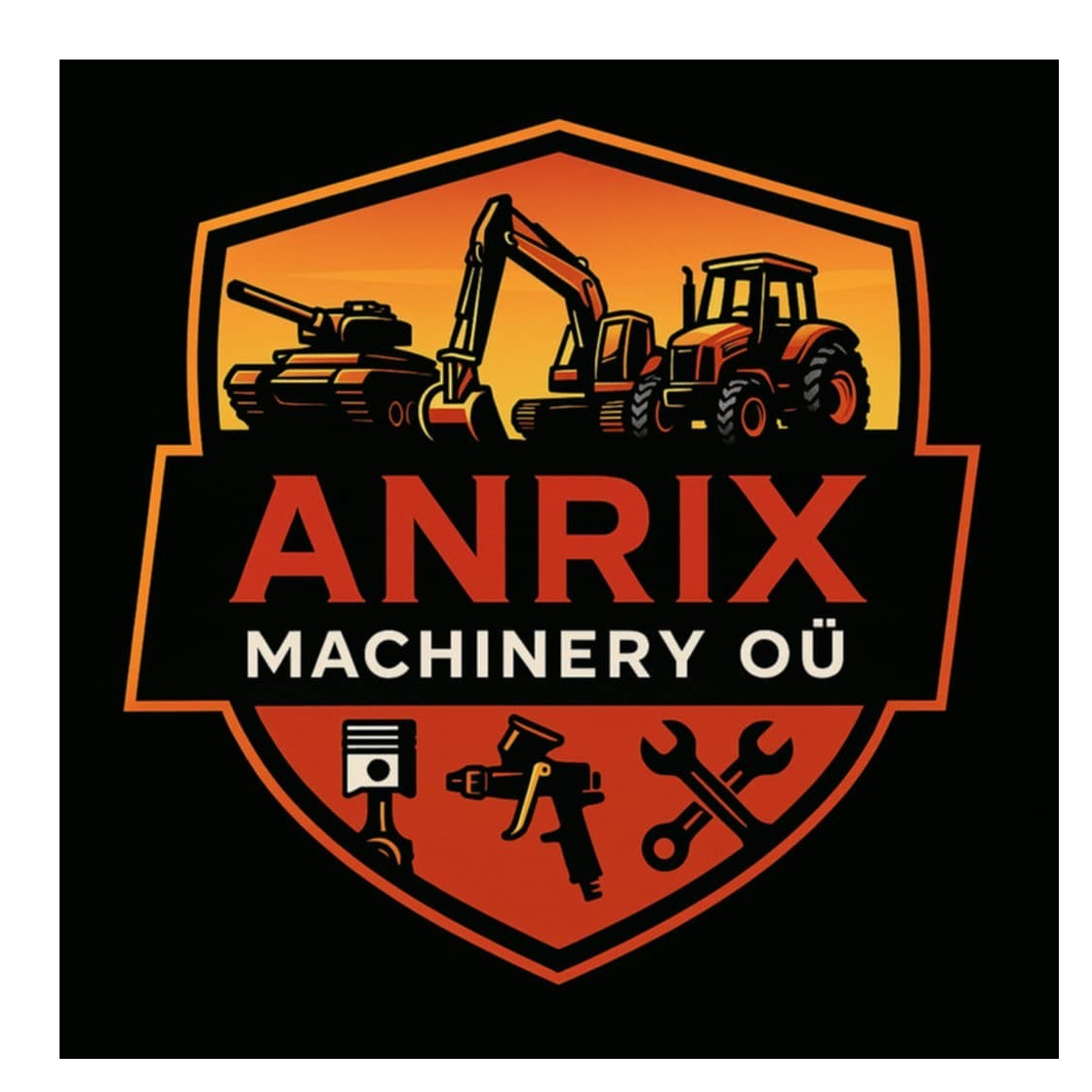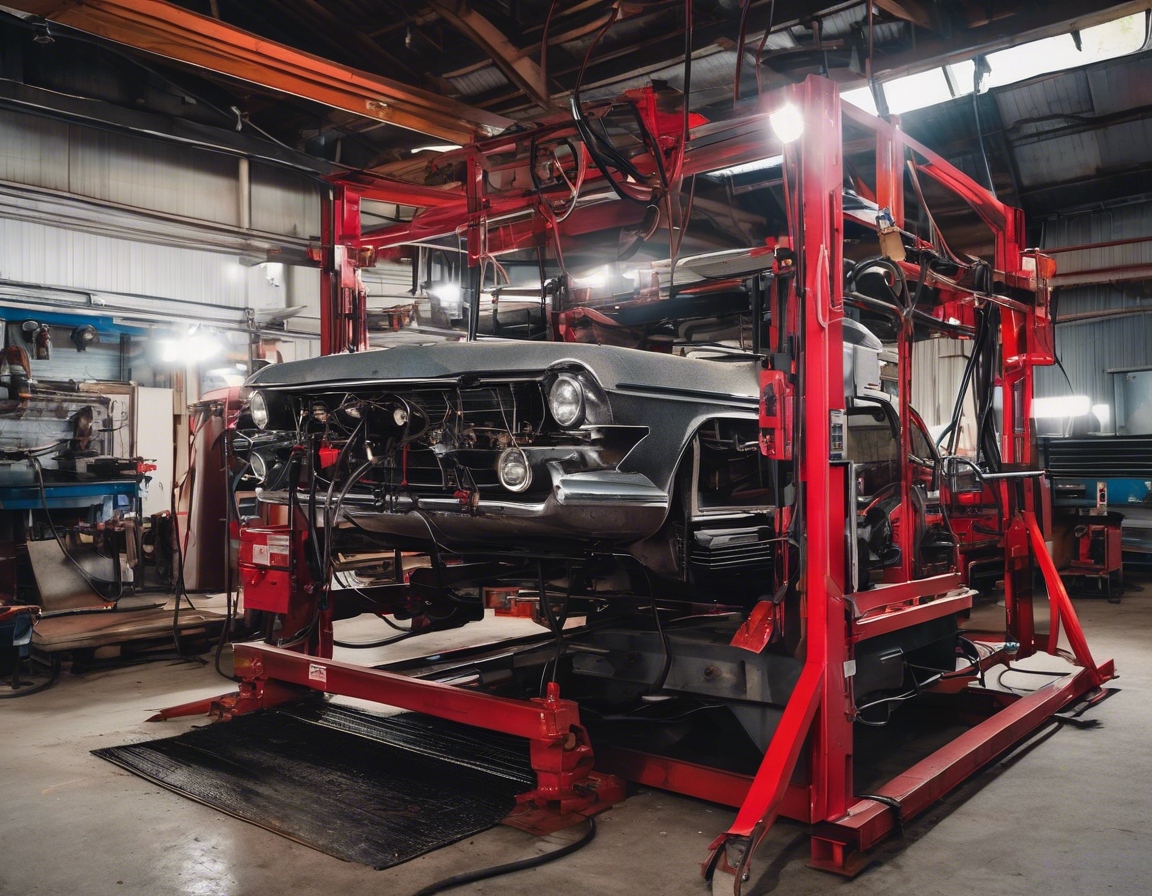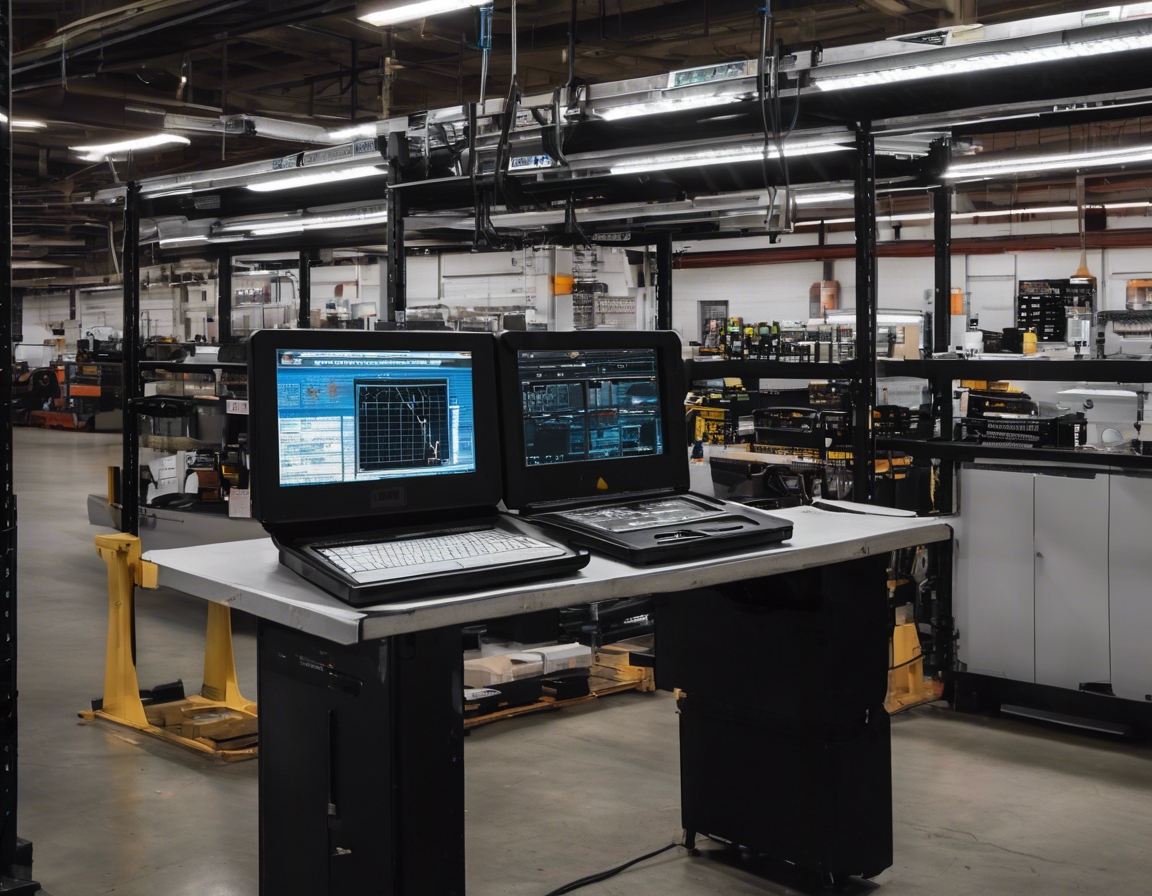The importance of regular machinery maintenance
In the industrial, military, and transport sectors, machinery plays a pivotal role in daily operations. Ensuring these machines are in optimal working condition is crucial for maintaining productivity and safety. Regular machinery maintenance is not just a routine task but a strategic approach to prolong the life of equipment, enhance performance, and prevent unexpected failures.
2. Benefits of Regular Machinery Maintenance
Regular maintenance helps in identifying potential issues before they escalate into major problems. By addressing these issues early, machinery can operate efficiently for a longer period, thereby extending its lifespan and maximizing the return on investment.
Safety is paramount in any operation involving machinery. Regular maintenance ensures that all safety mechanisms are functioning correctly, reducing the risk of accidents and ensuring compliance with safety regulations.
Well-maintained machinery operates more efficiently, leading to improved performance. This efficiency translates into higher productivity, as machines can perform at their optimal capacity without unexpected downtimes.
While maintenance requires an upfront investment, it significantly reduces the likelihood of costly repairs and replacements. By preventing major breakdowns, companies can save on repair costs and avoid the financial impact of operational disruptions.
3. Key Components of a Maintenance Program
Regular inspections are crucial for identifying wear and tear or potential issues. These inspections should be scheduled based on the manufacturer's recommendations and the specific operational demands of the machinery.
Routine servicing involves regular tasks such as lubrication, cleaning, and part replacements. These tasks ensure that the machinery remains in good working condition and can prevent minor issues from becoming major problems.
Predictive maintenance uses data and analytics to predict when a machine is likely to fail. By analyzing patterns and trends, companies can perform maintenance just before a failure is likely to occur, minimizing downtime and optimizing maintenance schedules.
Keeping detailed records of all maintenance activities is essential for tracking the history of each piece of equipment. This documentation helps in planning future maintenance and can be invaluable when troubleshooting issues.
4. Challenges in Machinery Maintenance
Allocating sufficient resources, including time, personnel, and budget, can be challenging. Companies must balance these resources to ensure effective maintenance without disrupting operations.
Having a skilled workforce is critical for effective maintenance. Training and retaining skilled technicians can be challenging, but it is essential for ensuring that maintenance tasks are performed correctly and efficiently.
Integrating new technologies into existing maintenance practices can be complex. However, leveraging technology such as IoT and AI can enhance maintenance processes and provide valuable insights into machinery performance.
5. Best Practices for Effective Maintenance
Investing in the training and development of maintenance personnel ensures that they are equipped with the latest knowledge and skills. This investment pays off in the form of more efficient and effective maintenance practices.
Adopting advanced technologies such as predictive analytics, IoT sensors, and AI can revolutionize maintenance practices. These technologies provide real-time data and insights, enabling more proactive and informed maintenance decisions.
Partnering with experienced maintenance service providers like ANRIX MACHINERY OÜ can enhance maintenance strategies. These experts bring specialized knowledge and resources that can optimize maintenance processes and outcomes.






Comments (0)